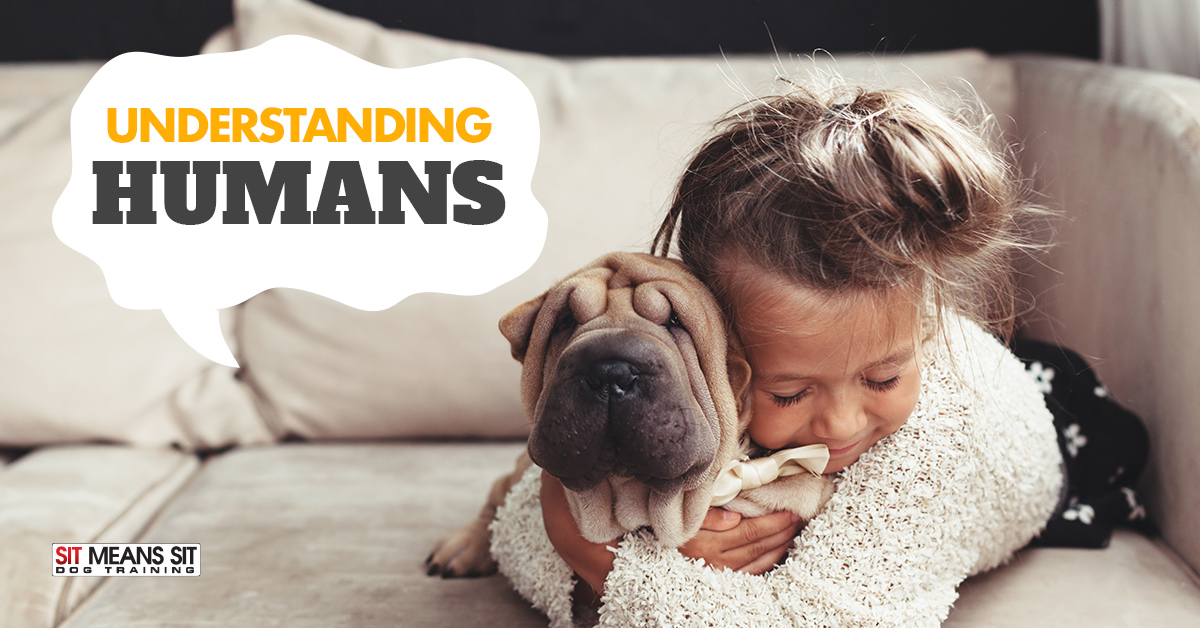
Do Dogs Understand Human Personalities?
They always say that dogs act just like their owners, but to what extent is that actually true? Our dogs mimic much of our behavior; it’s part of the reason that we love them so much. We also know that we often select dogs based on whether they seem to align with our own personalities. But they might also understand some of our personality traits. Read on to learn more about what our dogs do and don’t understand about our personalities.
Five Factors of Personality
For starters, there are five main dimensions of personality: openness, which is a measure of people’s willingness to try new things, conscientiousness, which is how self-disciplined and goal-driven people are, extraversion, or how sociable and outgoing someone is, agreeableness, which measures people’s ability to get along with others, and neuroticism, which measures people’s tendency to experience negative emotions like anxiety. Everyone lies on a spectrum of each of these personality traits, representing different combinations of each.
How Dog and Owner Personalities Interact
Dog owners who are particularly high in neuroticism and openness tend to use more gestures and verbal commands when asking their dogs to perform simple tasks. Dogs with owners high in neuroticism take longer to respond to commands and their owners feel a greater attachment to their dogs. Extraverts spend more time playing with their dogs and make more eye contact with dogs. They also generally gravitate toward dogs with more extraverted personalities, which explains some of why it seems like extraverted people always end up with energetic and playful dogs.
Mutual Gaze
In humans and dogs alike, mutual gaze is a powerful relationship-builder. Mutual gaze is when you look your dog in the eyes. It releases oxytocin in both humans and dogs, which gives both of us a sense of well-being. It also builds feelings of connection and understanding between us and our dogs. This can make us feel akin to our canine companions, and the frequency of mutual gaze indicates how connected we are to our dogs. It also indicates whether the human-dog duo is more extraverted or introverted. You’re the leader, so the frequency of you gazing at your dog determines how often they look back. This means that the way that your dog’s personality plays out can depend on your preferences and differences.
Dogs understand our personalities to the extent that we express them in our daily actions. Our canine companions have grown to become more attuned to these differences in our actions, which means that they mimic and respond to them in their own way. We also select dogs based on our own personality traits. So do our dogs really understand our personalities? To a certain degree, yes. But they can’t quite fully grasp all of our complexities and nuances.
